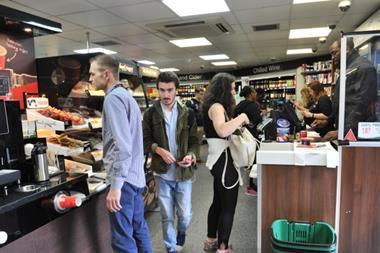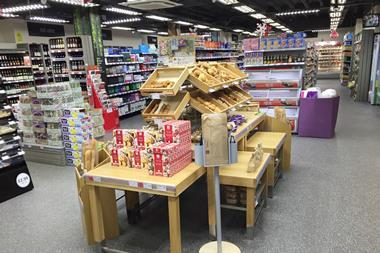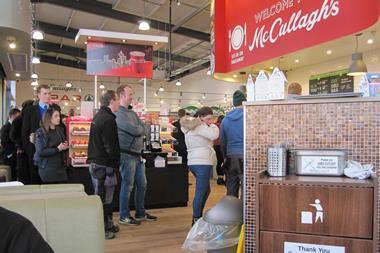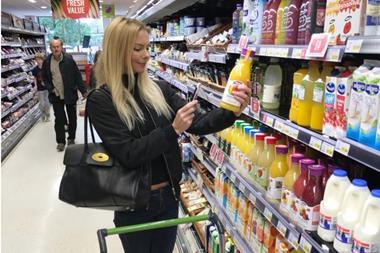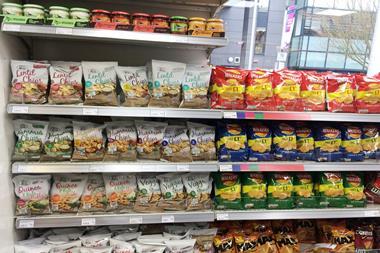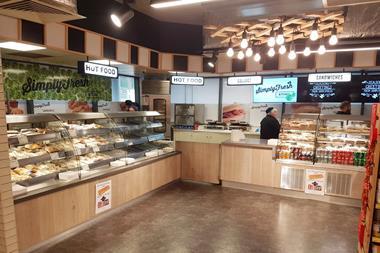A brave new world

With police cuts in full swing, businesses are facing up to the reality of trading with reduced support. Aidan Fortune meets a retailer who had to find ways to tackle a rising tide of shoplifting.
ALREADY HAVE A REGISTERED USER ACCOUNT? PLEASE LOG IN HERE
To read the full story join the ConvenienceStore.co.uk community today!
Registration is quick and easy and provides access to:
- Unlimited ConvenienceStore.co.uk articles
- Our great range of newsletters
- Content you’ve saved for later via the ‘my library’ feature
And much more…


























